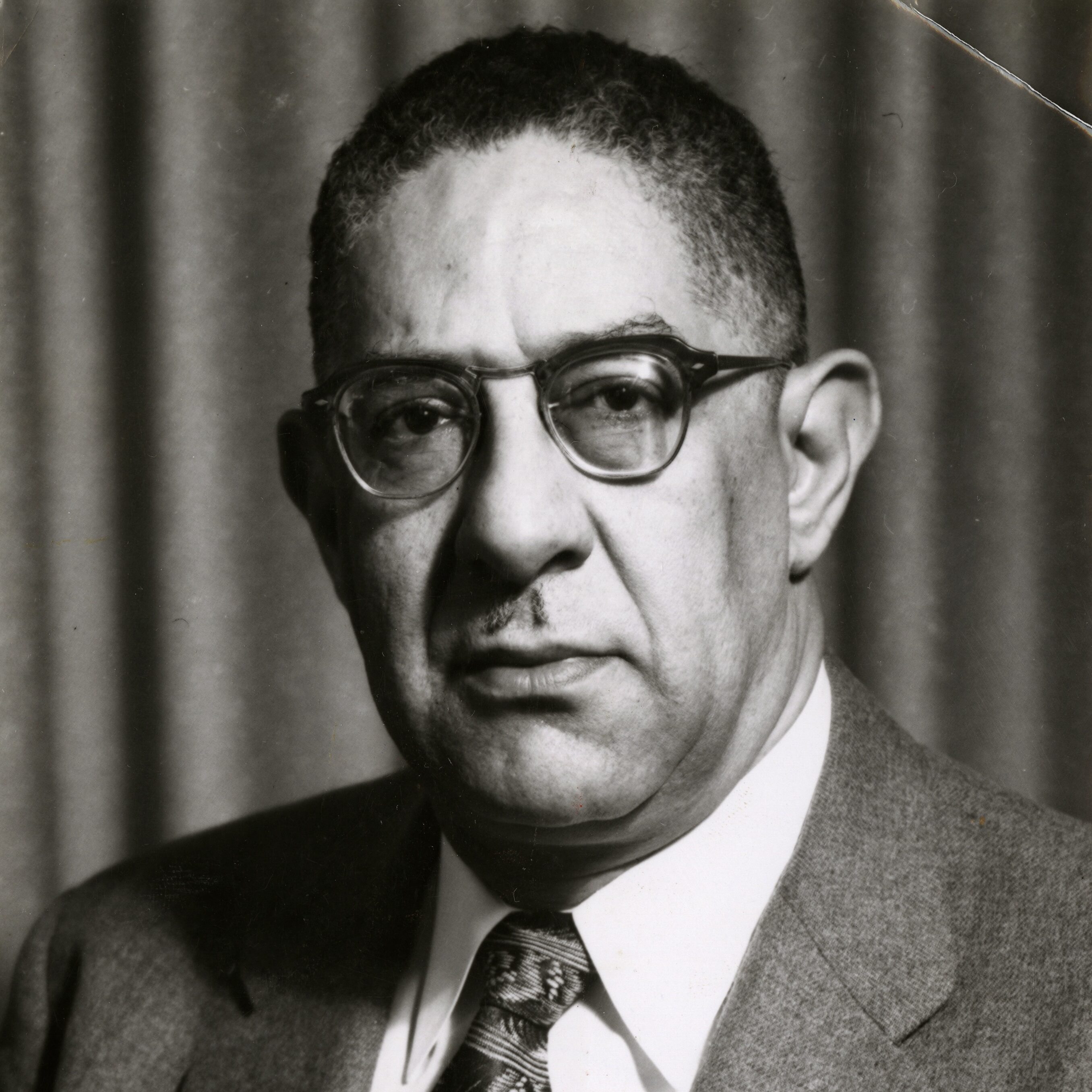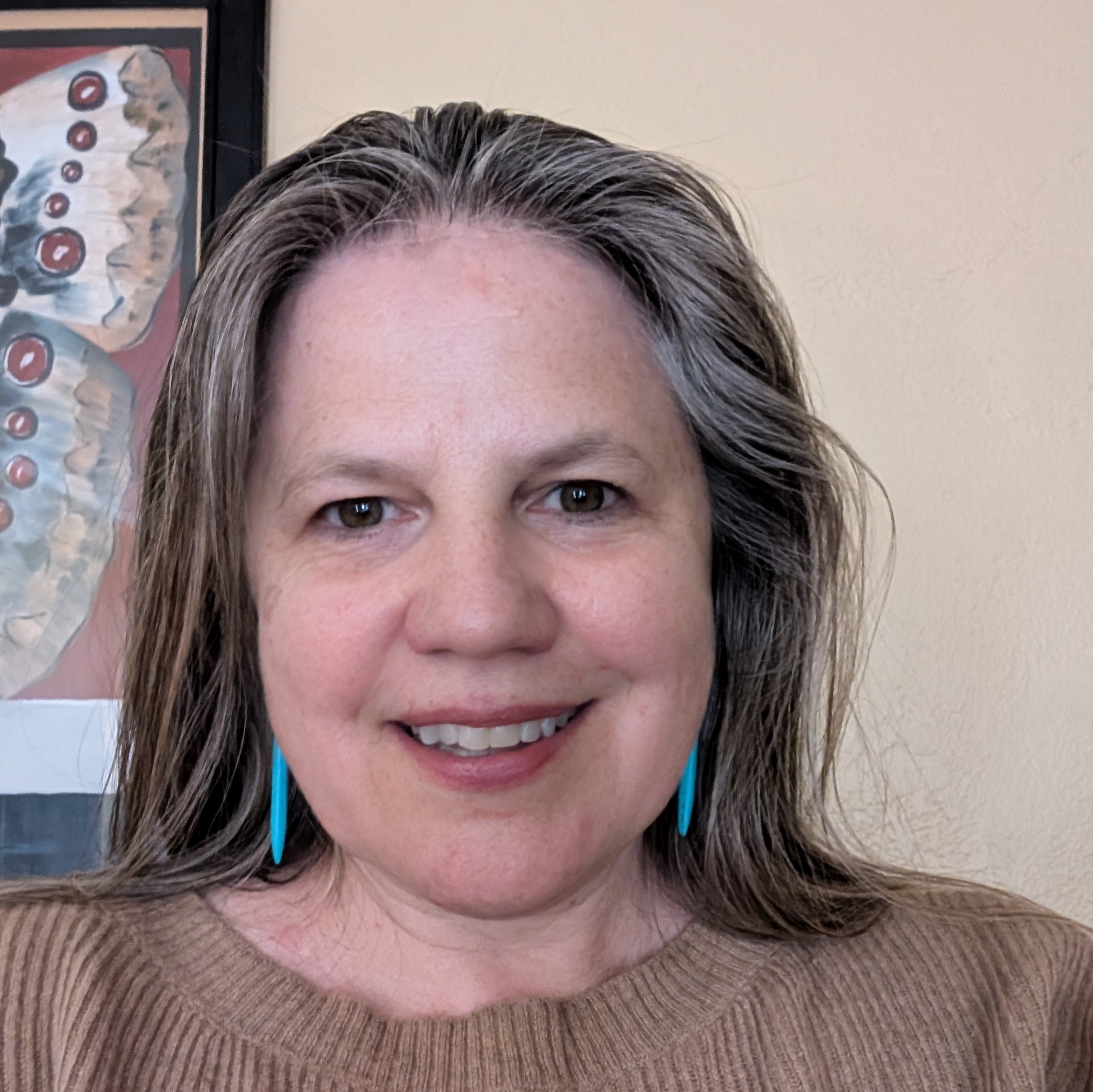‘Bombshell’ and the Battle for Truth: Journalism, Power, and the Nuclear Age

February 9, 2026
Critical response has underscored the film’s contemporary relevance. The Wall Street Journal described Bombshell as offering “lessons for our own age of ascendant AI,” while Foreign Policy called it “provocative history that brings to life the dangers that arise when government secrecy and control overwhelm press freedom.”
Those reactions are not incidental. Loeterman and De Simoni did not set out to make a topical film, but as both emphasize, history has a way of catching up with the present.
“When we started working on the film, it was the 75th anniversary of the bomb—2020,” De Simoni recalls. “It’s been five years in the making. We were aiming for the 80th anniversary. What we didn’t know was that five years later, we would find ourselves in a scenario that could recall 1945 in ways we weren’t expecting.”
From Hersey to a much bigger story
The project began, modestly enough, with John Hersey. Loeterman had been rereading Hiroshima, the 1946 New Yorker article that shattered official narratives by telling the story of the bombing through the lives of six survivors.
“I was reading about a guy who was my hero in tenth grade—John Hersey,” Loeterman says. “That was the first glimmer in our eye.”
But as research deepened, the filmmakers realized Hersey had not emerged in a vacuum.
“The more we were reading, the more we realized that Hersey didn’t come out of the blue,” De Simoni explains. “He was writing in reaction to something. To really understand him, you had to look wider.”
Footnotes led to other books, archives, and overlooked figures. They encountered William L. Laurence, the New York Times science reporter who secretly worked with General Leslie Groves and the Manhattan Project to craft government‑approved narratives minimizing radiation effects. They discovered Leslie Nakashima, a Japanese American journalist who was the first Western reporter to reach Hiroshima, and Charles Loeb, an African American journalist whose reporting in the Black press exposed radiation casualties that mainstream outlets ignored.
“We realized this was a much bigger story,” De Simoni says. “John Hersey is crucial, but there’s so much more to it. We both come from journalism, and we felt it was important to do a documentary about journalism and journalists.”
Alex Wellerstein’s work on nuclear secrecy helped crystallize the frame.
“The press plays a critical role right at that moment when things turn from great secrecy to real publicity,” Loeterman notes. “That struck us as a way in.”
Manufacturing the first narrative
At the heart of Bombshell is a simple but profound insight: the first narrative is often the one that sticks.
“The government had to orchestrate this publicity machine,” De Simoni explains. “They would reveal enough information, but not too much—just enough to make people feel satisfied. The first narrative is always the one that stays with you. It’s very hard to change it later.”
That narrative—that the bomb was necessary, humane, and decisive—still shapes public opinion today.
“If you ask people now,” De Simoni says, “they’ll probably tell you the bombs were the right thing to do. That’s what they were told, and that’s what’s been repeated for years.”
The film traces how access journalism, wartime patriotism, and racialized assumptions converged to marginalize dissenting voices—even when those voices were eyewitnesses.
Nakashima, Loeb, and the cost of being first
Among the most arresting sections of Bombshell is its recovery of Leslie Nakashima’s story. Born in Hawaii, Nakashima was an American citizen working as a journalist in Japan when the bomb fell. He traveled to Hiroshima to check on his mother and arrived before U.S. occupation forces.
“He checked on his mom—she was safe—and then he started looking around and said, ‘Oh my God,’” Loeterman recounts. “He was seeing a level of destruction he didn’t think was humanly possible.”
Nakashima wrote what he saw and handed his dispatch to a United Press reporter to get it out of Japan before censorship tightened.
“What shocked me,” De Simoni says, “was seeing how his article was published in full in some places and cut in others. In The New York Times, they excised the radiation part and the experiences of people he knew. And below the article, they ran a statement from General Groves saying that everything coming out of Japan was propaganda.”
In some papers, Nakashima’s reporting was prefaced with warnings to distrust it.
“The reader was already primed,” De Simoni says. “You could read it, but you were told not to believe it.”
Charles Loeb’s reporting faced similar marginalization—despite his accuracy.
“We knew nothing about Charles Loeb at first,” Loeterman admits. “And then suddenly there was this New York Times article about ‘The Black Journalist Who Exposed the Lie About the Government.’ It was like history resurfacing at exactly the moment we needed it.”
For the filmmakers, the racial dimension was impossible to ignore.
“African American journalists immediately questioned whether the bomb was used on Japan because Japanese people were seen as ‘colored,’” De Simoni notes. “Their lived experience with racism gave them a clarity that mainstream journalists didn’t have.”
Journalism, context, and moral judgment
Bombshell resists easy villainy. Laurence’s collaboration with the Manhattan Project is presented not as an aberration but as a cautionary case.
“What he did is clearly unethical for a journalist,” De Simoni says, “but I’m not judging him without context. Imagine the head of the Manhattan Project walking into your editor’s office and asking you to help win the war. Who would have done differently?”
That question—unsettling and unresolved—is central to the film.
“That’s how you distinguish a great journalist from a regular one,” she adds. “But you don’t know until you’re there.”
Loeterman frames the film as a snapshot rather than a verdict.
“History wasn’t pre‑ordained,” he says. “It’s easy now to say the bomb ended the war because the war ended. But at the moment, people didn’t know that. We try to tell it in real time.”
Why this story now
Although conceived as an anniversary project, Bombshell has landed amid renewed nuclear danger and shrinking press freedom.
“We weren’t expecting an administration fighting against the First Amendment,” De Simoni says. “We weren’t expecting journalists leaving the Pentagon, broadcasters cutting deals about what they can air, or renewed talk of nuclear testing.”
For De Simoni, the instability is global.
“What worries me most is the lack of stability,” she says. “More countries have nuclear weapons now, and people think it’s unthinkable—but it was unthinkable in 1945 too.”
What Bombshell offers the nuclear threat reduction field
For the nuclear risk reduction and abolition community, Bombshell is not just a film—it is a diagnostic tool with a particular and urgent lens: the power of communications to shape, constrain, or distort public understanding in moments of profound risk. It reveals how narratives harden, how human suffering is abstracted, and how journalism can either challenge or reinforce dangerous myths.
“Our film is about journalism and nuclear weapons,” De Simoni says. “It could be used by nuclear advocates to have conversations with journalists about how to cover these issues.”
She points to Hersey’s enduring impact.
“He broke through because he told the story through human beings. Regular people. That’s how the American public related.”
For advocates accustomed to technical language and strategic shorthand, the lesson is clear.
“If you make it real—not jargon, not professional language—people will engage,” De Simoni argues. “Visualizing it matters. If people can see it, they pay attention.”
Democracy, memory, and responsibility
Ultimately, Bombshell is a film about democratic health.
“Censorship of the press tells you a lot about democracy,” De Simoni reflects. “But I still believe in the American people. There are people who want to fight back.”
The film does not offer reassurance. It offers memory—and a challenge. The stakes of narrative control are not abstract or confined to history. In recent weeks, initial official accounts of the killing of a peaceful protester by ICE in Minnesota were swiftly debunked by indisputable bystander video, revealing how quickly an authoritative version of events can take hold—and how essential vigilance is before such narratives harden into accepted truth. That disruption echoes Bombshell’s central lesson: stories about violence are shaped in real time, often by those with the greatest power to define them.
For a field grappling with renewed nuclear risk, eroding trust, and public disengagement, Bombshell invites a reframing. Nuclear advocates have long relied on treaties, threat assessments, and risk analyses to understand danger; the film adds another critical tool—a clear-eyed examination of how narratives themselves are constructed, amplified, or suppressed in moments of crisis. In an age of disinformation and shrinking press freedom, it challenges the field to treat narrative not as backdrop but as terrain, engaging the communications ecosystems that shape what the public sees, believes, and remembers. The question Bombshell ultimately leaves us with is not only what happened in 1945, but what stories are being told now—and whether we are prepared to challenge them before today’s narratives become tomorrow’s history.
This interview has been edited for length and clarity.
